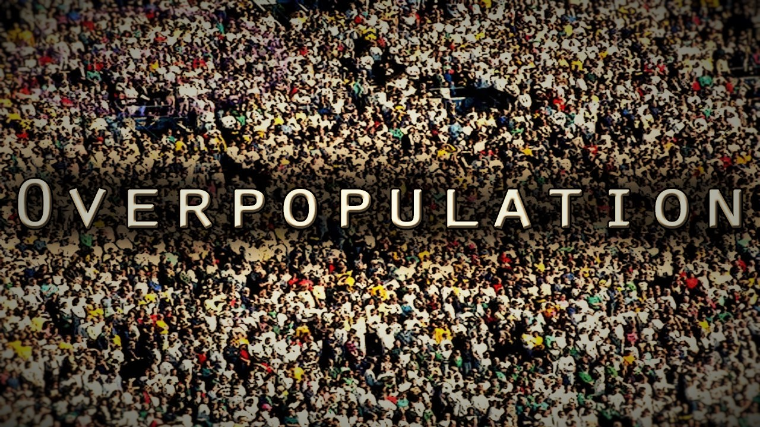
Source
Darn it! He might have had a point after all.
If you live within an urban environment then there is a good chance that you've felt the sting of your peers increasing in number.
Its almost as if you cannot get away from them. Wherever you turn there are people - mostly ignoring you as they concern themselves with their own lives.
And with a congestion of people comes certain problems.
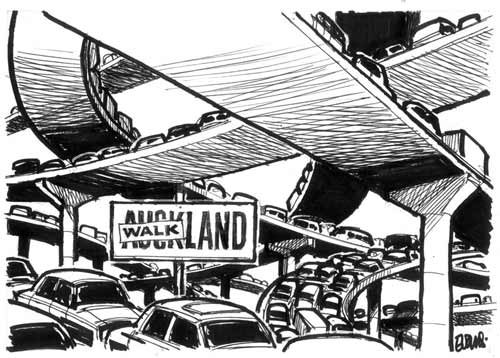
Source
The tell-tale signs include:
Higher accommodation prices and rent rates
A greater difficulty finding parking for your vehicle
A greater difficulty driving around in your vehicle
A greater difficulty walking around without brushing elbows
A greater visibility of charities and beggars

Source
Who is to blame?
Some blame religion ("Be fruitful and multiply")...
But in fairness... while there is validity to such arguments...
It is also human nature to desire to procreate. Whether its human nature to mass-procreate is less certain... and the messages that one received throughout life 'does' make a difference.
And as our populations grow - we resort to ever more dubious practices under the guise of providing sustenance. The overall political message received is that population growth (natural or contrived) is "good for the economy".

Source
But does it have to be this way?
Do we really need to engage in such population-inflating reproduction to feed the economy, or to further some religious or other agenda?
Do we really need to exist upon this planet in such numbers?
Why don't we simply change our ways and scale things back?
Hopefully before we get to such a point where such a population decline needs to be more dramatic than can be reasonably catered to through natural means.
So lets look at some of the benefits that a smaller human population could mean for ourselves and our planet.

Source
More resources to go around:
"But wait!" I hear you ask.
"Won't less people mean less resources produced to go around?"
Well... that might have been true a few centuries ago - but today we have machines to pick up our slack. I would suggest that one reason why they haven't taken up a lot more of our slack is because we humans have for a very long time worried about the prospect of being replaced and losing our jobs.

Source
This results in a distorted and myopic vision where humans resist the very progress that their technology has been capable of for decades if not in excess of a century (from an automation, rather than robotics perspective). Such advances continue almost unhindered in other areas as such has been about extending what humans can do - but the moment that human activities become redundant as a result of advances - such advances are ground to a crawl.
It may well be that our fears are indicative of a need for a different paradigm as pertains the relationship between humans and resources - as well as in terms of the way in which such are distributed.
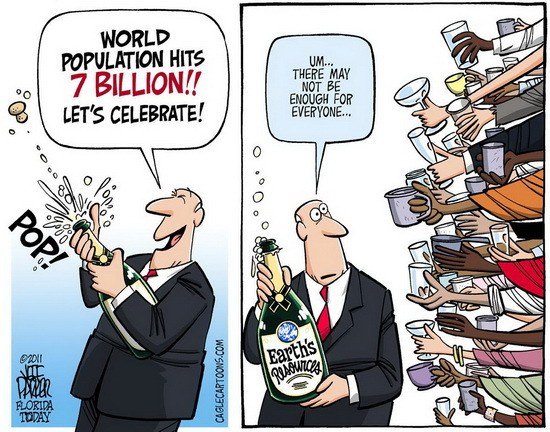
Source
If our ability to produce is demonstrably no longer connected to our numbers - and seeing that scarcity is a recognized issue upon this earth (and seeing that the oppressively inequitable distribution paradigm is unlikely to shift any time soon) then perhaps it makes simple logical sense to desire a situation where the same demands upon the resource pool were to be halved or even quartered - due to less people requiring resources.
The Planet Would Regenerate
When you think about it, there are a lot of natural resources that all 7+ billion of us (or a portion among us) consume.
Besides the land that we have claimed, and the forests that we have uprooted and the oil that has been pumped and fracked, and the countless animals that have been put through the battary farming process, as well as the waters that we have overfished in the name of feeding ourselves... there are countless other ways that our presence upon this planet - in the numbers that we have been - has had countless other consequential impacts upon our planet - up to and including the threatened and actual extinctions of numerous species.
Not all are as photogenic as tigers, bears, eagles, and so on - but something that we have historically had trouble understanding is that this planet is just as much their home as our own - and we frankly hardly even pay this lip service, let alone action.

Source
But to start, if a majority of our human numbers were to disappear overnight - a number of things would happen.
We would no longer find it sustainable to hold onto all the settlements that we have claimed. Some would be entirely abandoned. Nature would take over. Through concrete roots would shoot. in the cracks, other plants would take root. Grasses would become bushes would become trees would become wooded areas.
Smaller animals would move into the abandoned enclosures for shelter even as they crumbled and even as they crumbled, the natural environment would become robust enough to provide its own kinds of shelter - supporting more and more forms of life.
It might even be the case where the planetary area where human supremacy is in place (where humans are reasonably assured of not being lower on the foodchain) will shrink. We already have places upon the planet where bears, wolves, snakes and other things can take us out - but perhaps this is alright as we don't need to venture out into those areas.
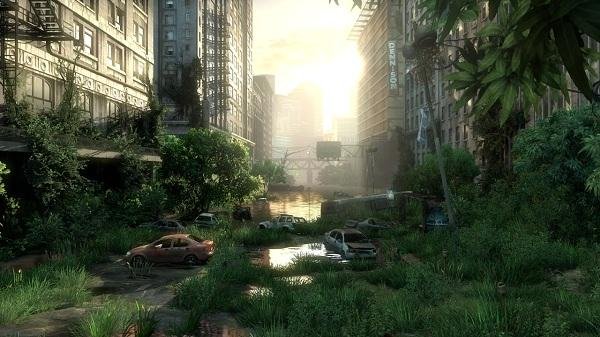
Source
Humanity would be more precious
We have come to a point where human life is considered as dust.
To the political and media classes we are often reduced to mere numbers and statistics.
To the employing classes we are merely "human resources"...
...production units profitably assigned work for little remuneration.
These same classes thrive upon a surplus of labour - however it should come about...
...due to a resultant lesser leverage in employment negotiations.
Well... a World with a decimated population would work a little differently.
There is no reason to believe that we would stop being jerks to each other. We've had a long history of being jerks to each other... and that also when we had much smaller populations.
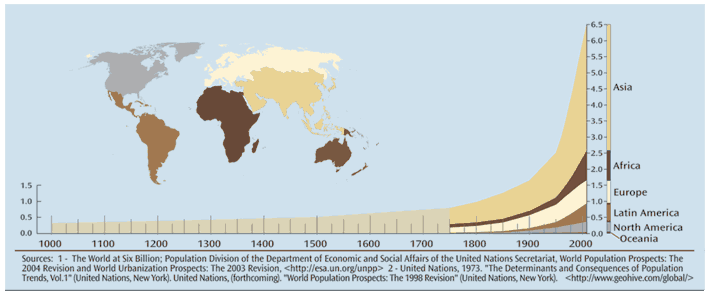
Source
Still, in theory a situation should come about where every human being is that little bit more valuable.
Whether such is due to our "scarcity" is another matter - but I like to think that with fewer people on the planet there is a greater chance that one's connections shall attain a greater reach (in awareness by a percentage of the human population) thanks to the technologies that we've developed over the decades - that have helped us to emphasize with portions of the population - while ironically making us feel all the more lonely than we've ever felt.
To Conclude:
As time goes on - it becomes ever more evident that we have not been particularly smart about our population management. Many of us love to have our little bundle of joy and to be fair such is hard-wired into our evolution - but we should recognize the writing on the wall.
If we could heed the call of our common sense and adjust our behaviors accordingly then we might one day return to an era where humanity courts a relationship with the planet less akin to that which a termite has to a piece of wood.
While our situation worsens we shall see disasters occur upon ever greater scales. Our ability to show empathy to the numbers relayed by media outlets shall further diminish - and inequality divides shall grow deeper than they already are.
In the off-hand chance that somebody reading this considers suicide to be an appropriate way out - I'd encourage them to reconsider.
It is perfectly plausible for humanity to halve their population within just a generation or so through simply committing to having but a single child per couple. Faithfully sticking to such a policy for three generations could see a 7 billion population drop to less than a billion. As such, more drastic measures are not necessary. Of course, if one 'did' feel the need to opt for a more drastic measure - then abstaining from having children is a simple and harmless enough way to go about this.
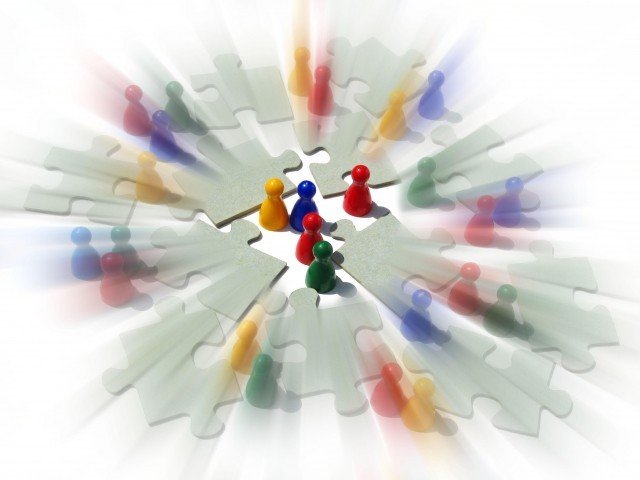
Source
If you found this post interesting and would like to share this with your friends and followers then a resteem is always appreciated.
If you have some feedback for me then feel free to share your views in comments. A civil conversation can go a long way.
Sincerely,

Previous Post: Steem - Deviously Approved!
